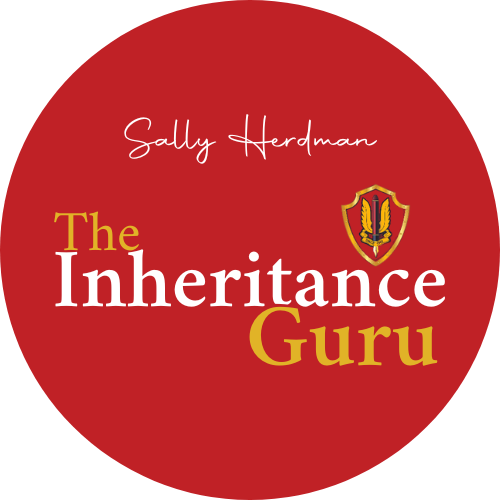Reclaiming the Trust: A Legacy Beyond Privilege
Are trusts merely instruments for the wealthy elite to hoard their fortunes? This outdated notion overlooks the myriad legitimate and socially beneficial purposes they serve. Trusts, with origins dating back to the Crusades, have been a cornerstone of estate planning.
Today, they are integral to most English wills and shared property ownership structures. However, recent narratives have painted family trusts as secretive tools for tax evasion, designed to perpetuate wealth inequality.
This misconception has been fuelled by sensationalised media coverage. For instance, the 2016 passing of Gerald Cavendish Grosvenor, the Duke of Westminster, ignited headlines claiming that inheritance tax was “avoided” because the Grosvenor estate was held in trust. However, such narratives overlook the regular inheritance tax payments made by trustees every ten years, which effectively mirror the 40% death charge.
Trusts: More Than Just Tax Efficiency
The negative perception of trusts overshadows their numerous valid uses. Trusts offer families continuity and asset protection, preventing wealth from being squandered by individual heirs and avoiding the forced division of assets. They also preserve family wealth across generations by keeping assets unified and professionally managed, allowing for long-term growth. This ensures that substantial estates, like the Grosvenors’, continue to contribute to the economy rather than being repeatedly fragmented.
Trusts aren’t just for the ultra-wealthy. They safeguard funds for children, individuals with disabilities, and others who need financial protection. They can also prevent young heirs from receiving large inheritances prematurely, fostering work ethic and ambition. As the late Duke of Westminster remarked about his son: “He’s been born with the longest silver spoon anyone can have, but he can’t go through life sucking on it.”
The Future of Trusts
Despite periodic scrutiny, trusts remain a powerful tool for social good. Increased transparency may alter their private nature, but their enduring legacy as a flexible and robust instrument for estate planning remains undeniable. It’s time to reclaim the trust – not as a symbol of privilege, but as a versatile tool that can empower families, protect vulnerable individuals, and foster lasting legacies.
If you’re intrigued by the potential of trusts and how they can benefit your family or business, get in touch. As ‘The Inheritance Guru,’ I’ve dedicated over 20 years to helping people navigate the complexities of estate planning and legacy creation. Contact me today for a free consultation at help@theinheritanceguru.com or 07831 379562.

